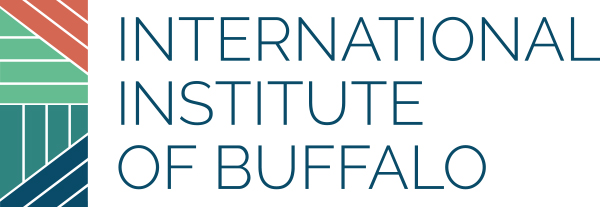Our Mission
The Institute makes Western New York a better place for, and because of, immigrants and refugees. We welcome, connect and empower foreign-born people and encourage our region’s support for diverse cultures.
Fostering the Future of WNY
Since 1918, the International Institute of Buffalo has served as the “Ellis Island of Western New York.” For generations it has been the entry point and the social and cultural crossroads for foreign born individuals. Today, thanks to an annual operating budget of nearly $8 million, we work with thousands of immigrants, refugees and asylum seekers annually and have over 70 employees.
We provide:
- Refugee resettlement
- Job training programs
- Interpreting and translation services
- Global education programs for students, adults and businesses
- Educational opportunities for international visitors
Welcoming New American Neighbors
Buffalo is a city built by immigrants with a long history of helping foreign-born people. Their hope, expectation and anticipation for a better life, away from fear and isolation, led them here.
These feelings persist for new arrivals today. We strive to live up to Buffalo’s legacy as the “City of Good Neighbors.” We extend that sentiment to all newcomers who are on their way to making WNY even better. Every day, we do all we can to welcome our new neighbors and help make Western New York the place they can achieve their American dream.
Our newest neighbors are from:
- Afghanistan
- Burma (Myanmar)
- Bhutan
- Bosnia
- Congo
- Colombia
- Eritrea
- Ethiopia
- Iran
- Iraq
- Kosovo
- Liberia
- Rwanda
- Somalia
- Sudan
- Turkey
- Ukraine
- Vietnam
- Venezuela
Strategic Plan
Everything we do is to help improve the future of Western New York for immigrants and refugees. We are continuously working to improve our plans to achieve this goal.
History
Diverse people shaped Buffalo over the last three centuries. See how our work helped them achieve their American dream.
People
Get to know the individuals behind the International Institute of Buffalo, why they decided to join our organization and the differences they’ve made for our clients.

